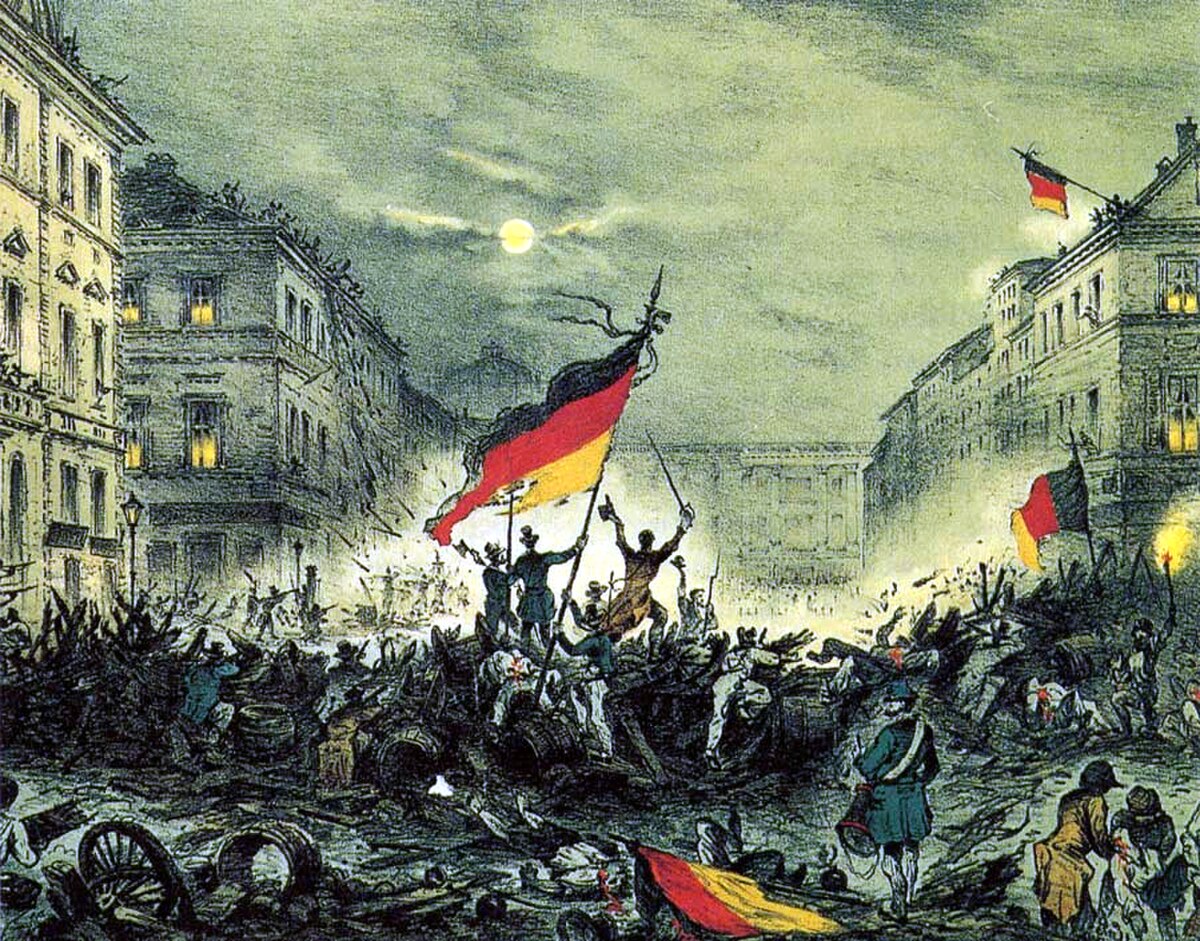Published on
Dec 18, 2025
-
min read

1. The Holy Roman Empire (800 - 1806)
The Holy Roman Empire, founded in 800 AD by Charlemagne, was a loose confederation of territories in central Europe, encompassing modern-day Germany, Austria, Switzerland, and parts of Italy. Though not a unified state, it set the foundation for many of the German-speaking regions that later formed modern Germany.
Key Fact: The Holy Roman Empire was made up of various territories ruled by local leaders, and its fragmented structure made centralization difficult. It officially dissolved in 1806 after the Napoleonic Wars.
Why It’s Important: The collapse of the Holy Roman Empire paved the way for the unification of Germany in the 19th century, influencing the political and cultural landscape of the region.
2. The Rise and Fall of the German Empire (1871 - 1918)
In 1871, following the Franco-Prussian War, the German Empire was founded, uniting most of the German-speaking states under the leadership of Otto von Bismarck. This marked the emergence of Germany as a global power, known for rapid industrialization and military expansion.
Key Fact: The German Empire was a constitutional monarchy, with Kaiser Wilhelm I as emperor and a parliament (Reichstag) responsible for legislation.
Why It’s Important: The formation of the German Empire shifted European power dynamics and laid the groundwork for the tensions that would eventually lead to World War I.
3. The Weimar Republic (1919 - 1933)
Following Germany’s defeat in World War I, the Weimar Republic was established as a democratic government. Despite its progressive constitution, it faced significant challenges, including hyperinflation, political extremism, and the aftermath of the Treaty of Versailles.
Key Fact: The Weimar Republic saw the first attempts at democracy in Germany, but economic instability and the rise of extremist parties, including the Nazi Party, led to its collapse in 1933.
Why It’s Important: Understanding the Weimar Republic helps explain the fragility of democracy and the rise of Hitler’s totalitarian regime.
4. The Nazi Regime and World War II (1933 - 1945)
Adolf Hitler’s rise to power in 1933 led to the establishment of a totalitarian regime. The Nazis’ militarism and expansionist policies led to World War II, which resulted in the deaths of millions, including the six million Jews murdered in the Holocaust.
Key Fact: World War II devastated Europe, leading to the defeat of Nazi Germany and the country’s subsequent division into occupation zones controlled by the Allied powers.
Why It’s Important: The aftermath of Nazi rule and the Holocaust had profound effects on Germany’s identity, prompting a commitment to human rights and democracy in the post-war period.
5. Post-War Germany and the Division (1945 - 1990)
After World War II, Germany was divided into two states: West Germany (Federal Republic of Germany) and East Germany (German Democratic Republic). The Berlin Wall, erected in 1961, physically and ideologically divided the country, symbolizing the Cold War divide between the capitalist West and the communist East.
Key Fact: The division of Germany lasted for nearly 50 years, with West Germany aligned with NATO and East Germany a member of the Warsaw Pact.
Why It’s Important: The division of Germany shaped its political, economic, and social development for decades, with reunification in 1990 marking the end of the Cold War in Europe.
6. Germany’s Reunification and Modern Era (1990 - Present)
The fall of the Berlin Wall in 1989 marked the beginning of Germany’s reunification, which was completed in 1990. The process, while symbolically and politically important, posed significant economic and social challenges, especially for the former East Germany.
Key Fact: Reunification brought together two distinct political and economic systems, and it took years to bridge the disparities between East and West Germany.
Why It’s Important: Reunification is a crucial moment in European history, representing the end of the Cold War and the beginning of a unified democratic Germany that is now a leading global power.
7. The Role of Germany in the European Union and the World
Since reunification, Germany has played a pivotal role in the European Union, contributing to its economic, political, and social framework. Germany is a key player in EU policymaking and a strong advocate for European integration.
Key Fact: Germany is the largest economy in the European Union and has been at the forefront of key EU initiatives, including the Eurozone crisis, the refugee crisis, and the expansion of the EU.
Why It’s Important: Germany’s influence within the EU and on the global stage is essential for understanding the country’s modern identity and its commitment to democracy, human rights, and international cooperation.
Final Thoughts
Germany’s history is a tapestry of triumphs, tragedies, and transformative moments that have shaped the country and its people. From the Holy Roman Empire to the reunification of East and West Germany, each phase of German history offers valuable insights into the nation’s culture, politics, and society. As a student in Germany, understanding this historical context will not only enrich your academic experience but also deepen your appreciation of the country you are studying in. By reflecting on these key historical moments, you’ll gain a better understanding of modern Germany and its continued influence on Europe and the world.

